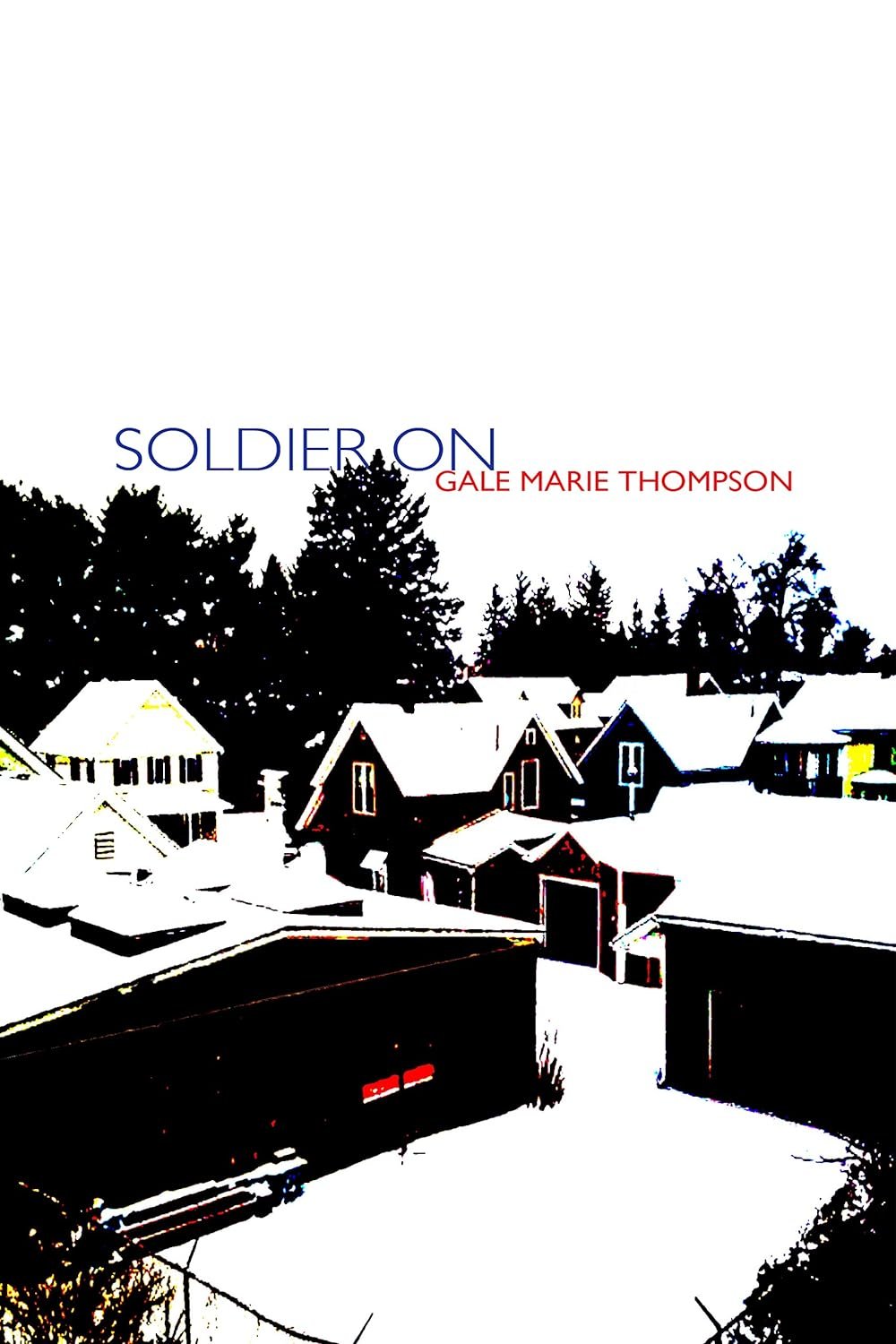Books & Chapbooks
Mountain Amnesia
(Colorado Prize for Poetry, 2023)
The poems in Mountain Amnesia rebuild a new world—and self—in the wake of destruction and loss. Influenced by the landscape of rural Appalachia, these poems depict a nature relentlessly working on its own disappearance for survival. Decaying plants and animal remains are housed in the same world as ramps and bellflowers on the cusp of blooming.
These poems do not placate or cover up the inevitability of death, but rather use this knowledge to seek connection and make meaning: “how little and yet / how much it matters to count the dead.” Mountain Amnesia seeks a path through destruction, using ruin to clear the way for new beginnings; or, as Thompson writes, “the painful, florid bloom of passing forward.” This collectionis a testament to survival and resilience, and animal encounters—the lonely fox, the folded fawn, the returning whale, the emerging voles—become new myths along the way.
Helen or My Hunger (YesYes Books, 2020)
In Helen or My Hunger, Gale Marie Thompson explores notions of beauty and the body in ways that illuminate—and damn—both the personal and historical. How do we become fully human in a world that conspires to reduce us both figuratively and literally? Thompson digs into these difficult questions and their tough answers, and the results are nimble, inventive, beautiful poems, as pleasurable to read as they are important to digest.
—Lynn Melnick, author of Landscape with Sex and Violence
In this poem that refuses to call itself one, Thompson riffs on H.D.’s revision of Eurypides’ alternative version of classical myth. Sustaining an obsessive colloquy with her absent interlocutor, Thompson fashions Helen into an elective “aperture” to serve as forerunner, mother, avatar, even an imaginary friend against the dark. An inquiry into trauma and shame, mystique and mistake, fear and the latent power of ecstatic form, Thompson summons compassion as well as “a stellar female anger,” to reckon with being a desirous, inevitably failing body in a culture that strives to discipline or punish what it cannot name in language. With a politics grounded in practicing the problem of devotion, this looping, serial work “doesn’t settle,” any more than its eidolon does—“it arrives / and / arrives.”
—Andrew Zawacki, author of Unsun
SOLDIER ON (Tupelo Press, 2015)
Fascinated by what emerges from unlikely sources when absorbed into memory, Gale Marie Thompson’s poems delight in what remains: John Wayne, Bewitched, turnip fields, camellias and canned figs, and—of course—kitchens. Soldier On uses the light of the kitchen as a starting (and ending) point to explore remembered spaces, which take on new facets and textures in a flood of associations and the mind’s endless cross-indexing. Inside a world of objects, people, and artifacts, Soldier On constructs the language in which we love and lose love.
“Rumors come ahead of Soldier On–be ready to let your guard down, to find yourself thinking things you haven’t thought before. Be ready to be changed.” — Dara Wier
“Soldier On, Gale Marie Thompson’s first full-length collection of poetry, begins with a poem (‘Cilantro Blue’) that includes the line, ‘Anything is harbor. Anything is singing.’ What comes after that is a poetry of loosely gathered language—just stubborn enough to cohere, just disjointed enough to take on the characteristics of a delicate but indelible lace.”
— Jenny E. Drai, Rain Taxi
Reviews of Soldier On:
Rain Taxi American Microreviews and Interviews Sink Review
Probably Crying Review Heavy Feather Review
















